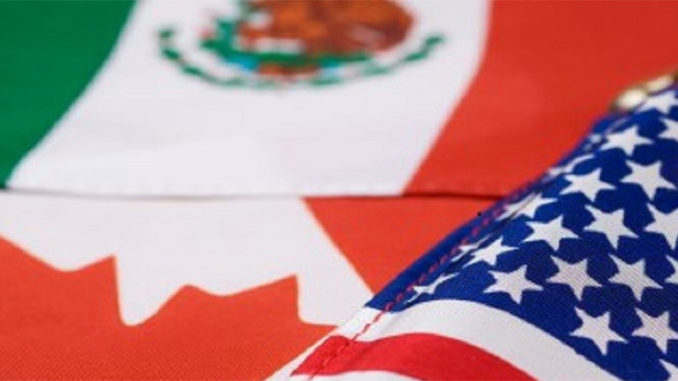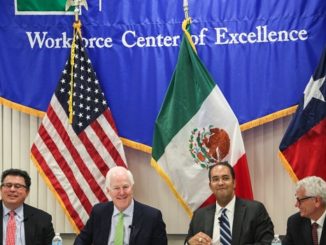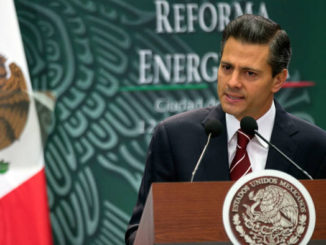
by Dany Bahar
The fourth round of NAFTA renegotiations have just ended, and the tone of the representatives of the three countries involved—Canada, Mexico, and the United States—summarizing the progress so far in a press conference was, to say the least, not particularly optimistic.
All three countries openly say they don’t see eye-to-eye on many of the proposals brought to the negotiating table, and the Canadian representative even said some of those are against the rules of the World Trade Organization. The U.S. Trade Representative, Ambassador Robert Lighthizer was clear in restating that one of the two goals for the U.S. in the negotiation is to reduce the U.S. trade deficits that significantly increased since NAFTA (in particular with Mexico as the U.S. runs a trade surplus with Canada). For Lighthizer, who speaks on behalf of President Donald Trump, the deficit has cost the U.S. “tens of thousands of manufacturing jobs,” and the agreement “needs to be rebalanced.”
Here’s the reality: All advanced economies, regardless of changes in their trade balances, lost manufacturing jobs. The figure below shows the change in the share of workers in industry (which includes mostly manufacturing) versus the change in the trade balance as a share of total output for all Organization for Economic Cooperation and Development countries between 1995 and 2010. The data point for the U.S., indeed, fits the White House narrative: During that period, the U.S. lost manufacturing jobs while its trade balance deteriorated (as all other countries in the lower left panel). However, that is not the story for most countries. In fact, Mexico increased its share of workers in manufacturing even though its trade balance also deteriorated during that same period. But most, importantly, most countries—in the lower right panel of the figure—lost jobs in manufacturing even if their trade balance improved. In short, the White House is trying to sell a fallacy that the trade deficit has destroyed American jobs.
Lighthizer is right on one thing: There should not be any unfair advantage for any of the NAFTA countries. However, he is wrong to measure that by looking at the trade deficit: The room for improvement must lie somewhere else. As I’ve said before, if the U.S. really wants to stand out from all other administrations when it comes to protecting the American worker due to import competition, it should provide stronger safety nets for those workers to help them transition to other jobs or, if need be, to retirement.
After this round of negotiations, the likelihood of NAFTA overall surviving this process keeps decreasing. The U.S. government is walking on thin ice by keeping their focus on wrong facts. And if NAFTA collapses, it will bring down those who the administration is allegedly trying to protect: American workers.
Dany Bahar is a David M. Rubenstein Fellow in the Global Economy and Development program at the Brookings Institution.



